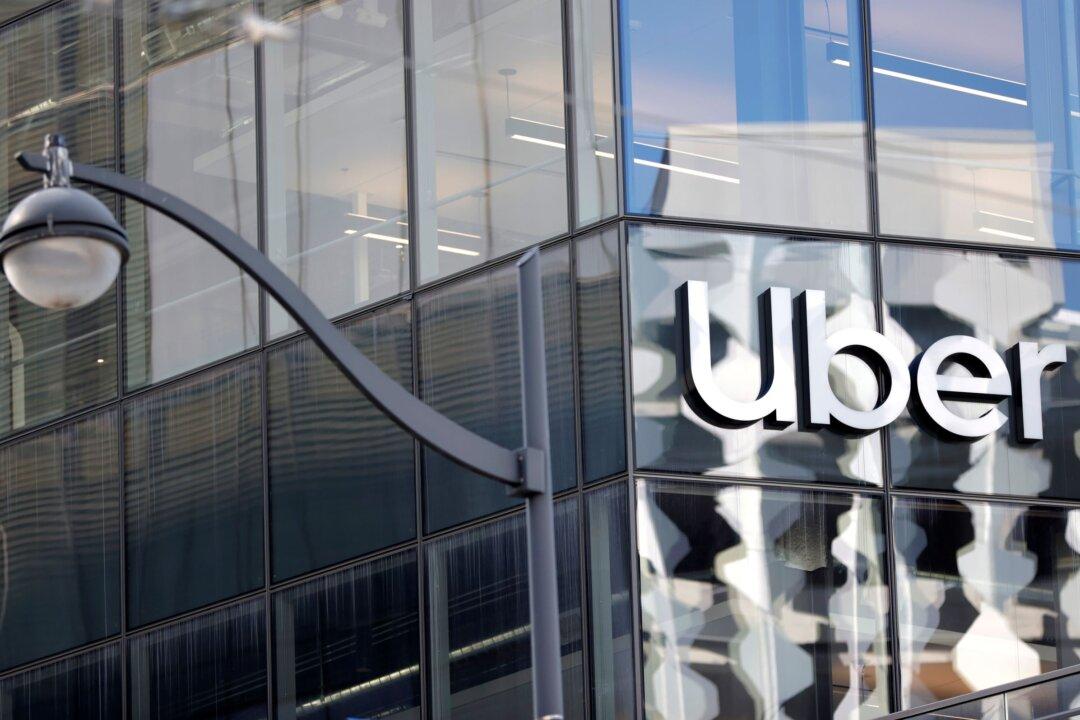SEATTLE—Uber has agreed to pay more than $3.4 million to 15,000 drivers after making mistakes related to Seattle’s pioneering paid sick leave law covering gig workers.
Amid the COVID-19 pandemic, the Seattle City Council last year temporarily extended sick and safe leave protections to gig workers, who previously didn’t qualify because many companies treat them as independent contractors.





